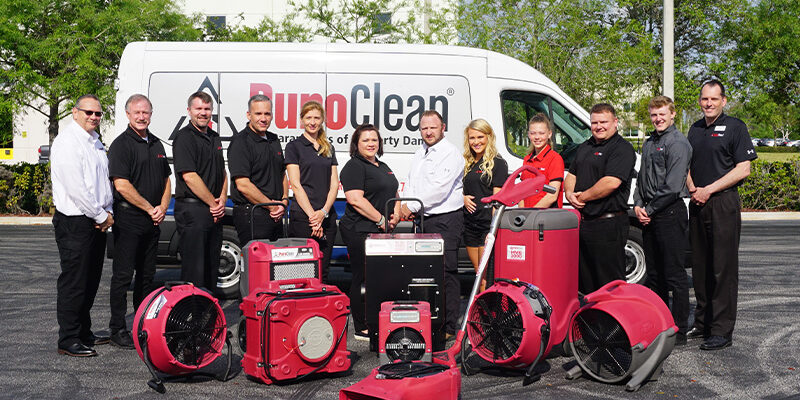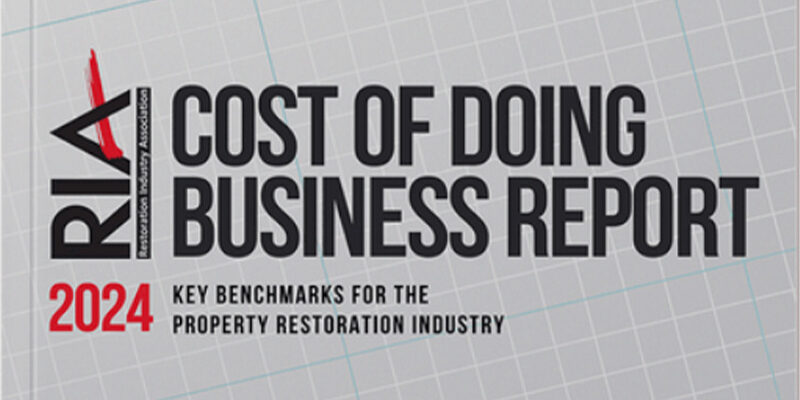The Warm Body Syndrome, part two

Click here for part one.
Finding and hiring new employees can be one of the most frustrating aspects of business ownership. All the more frustrating is the fact that, if you don’t get the hiring process right the first time, you’ll likely be repeating the whole process in the near future.
Many times companies simply fill open positions with a “warm body,” the first interested person who comes along, but full background checks are essential during the hiring process.
In part one of this article, we looked at the benefits of background checks, and I pointed out the importance of working with an established, reputable company to perform background checks on potential employees.
Why to partner when screening
Many might wonder why going through a screening company is necessary when owners themselves could perform less professional checks online.
The benefits, in my estimation, are as follows:
- As previously mentioned, you give yourself the best possible chance to select and hire the ideal applicant. You also will be able to eliminate candidates who may have been dishonest on their resumes or applications.
- You build trust with your current employees and clients/ customers. By engaging in background checks, you are telling everyone associated with your business that you are committed to honesty, integrity and safety for all.
- You demonstrate proper due diligence, which can help safeguard your organization against claims of negligent hiring / retention actions.
- You maintain your company’s trustworthy reputation. In the day and age of instant news and social media, you must understand the importance of doing everything possible to ensure that a bad and/ or improper hiring decision doesn’t cause you or your organization to be the subject of the latest news story.
- Background checks typically result in successful, long-term retention of employees. It is my belief that most of you do not have any idea of the true, hard costs of hiring, regardless of the position. I assure you that it is much more than their salary.
- Recruiting and on-boarding are very expensive endeavors. By not conducting an effective and thorough background check, you risk potential costly red flags such as poor work performance, violent behavior or prior engagement in dishonest workplace actions.
Background check legal aspects
Obviously, having the right people in the right positions is critical to your organization’s success. When done properly, background checks will help you screen out both unqualified and even potentially dangerous individuals.
For many of us, however, compliance with the countless federal, state and local laws can be both expensive and overwhelming. To help make you aware of the rules and regulations, the following federal agencies are responsible for administrating the numerous laws associated with this aspect of hiring:
- The Equal Employment Opportunity Commission (EEOC) enforces Title VII of the Civil Rights Act of 1964 (Title VII), which prohibits employment discrimination based on race, gender, national origin and other factors.
- The Federal Trade Commission (FTC) and Consumer Financial Protection Bureau (CFPB) enforces the Fair Credit Reporting Act (FCRA), the law which sets forth rules regarding what types of information can be provided to employers and the procedure for employers to follow if they conduct background checks.
Also recognize that your individual states and local jurisdictions may have laws governing when and how employers can ask about topics such as criminal history.
Where to start
In order to be in complete and total compliance, review your current hiring and selection process to include the following practices associated with background checks:
- Create a policy. All applicants should be shown a copy of the organization’s policy regarding background checks, which should specifically state that the employer has the discretion to disqualify applicants based on the results.
- Ensure that all candidates are properly screened and interviewed. All potentially qualified candidates should be interviewed in face-to-face interviews and have their work-related references checked.
- Actually perform the background check. If you have a policy in place and you say that you conduct background checks, then make sure that you not only inform the applicant you will perform a background check, but actually do it! It is also important to only perform the background check after the initial interview to ensure that you have the required, signed disclosure in place.
- Inform the applicant within a certain number of days after receiving the results. Set a standard time frame after receiving the results to contact the applicant and inform them of the next steps, if any, in the hiring process.
Best practices in effective background checks
In a recent article in Forbes Magazine, Mikal E. Belicove outlines a series of dos and don’ts provided by PeopleG2 Founder Chris Dyer. In the article, Dyer recommends the following:
Do
- Be broad and thorough (check out their information).
- Follow the law (adhere to release form rules, etc.).
- Be consistent (do the same thing for each potential employee).
- Search for patterns (don’t judge applicants based on one negative, but rather a pattern of them).
- Use a professional agency to process background checks.
Don’t
- Bend the laws (protect yourself by following the rules).
- Fail to communicate (talk over issues you find with applicants).
- Seek out only the negative (use positives to differentiate between applicants).
- Run a background search yourself.
Because conducting background checks for employment reasons is a very important and required tool for your business, the following practices are critical for your ongoing, as well as future, success in this process:
- Review your current job descriptions. Make sure that the information requested from each candidate is relevant to that specific position.
- Formulate a written policy and ensure that everyone understands and adheres to it.
- Be aware of all the federal, state and local laws and guidelines. Seek legal counsel if you are unsure of what you are required to do as the employer.
- Ensure that all of the required paperwork, disclosure statements, authorizations and adverse action notice requirements are in place and followed.
Conducting thorough and effective background checks is not an option in the 21st century workplace; they’re an absolute requirement for each and every company. Your success depends on the quality and effectiveness of the people you hire.
As Civil Rights leader Barbara Jordan, once said, “We must exchange the philosophy of excuse for the philosophy of responsibility.” Take responsibility today and start by spending the resources required to conduct effective background checks.
Scott Tackett joined Violand Management Associates (VMA) with a 32-year background in manufacturing, human resource management and organizational leadership. He is currently a business development advisor for VMA where he works closely with business owners and their key management staff as both a business consultant and an executive coach. To learn more about VMA’s services and programs visit Violand.com or call (330)966-0700.












